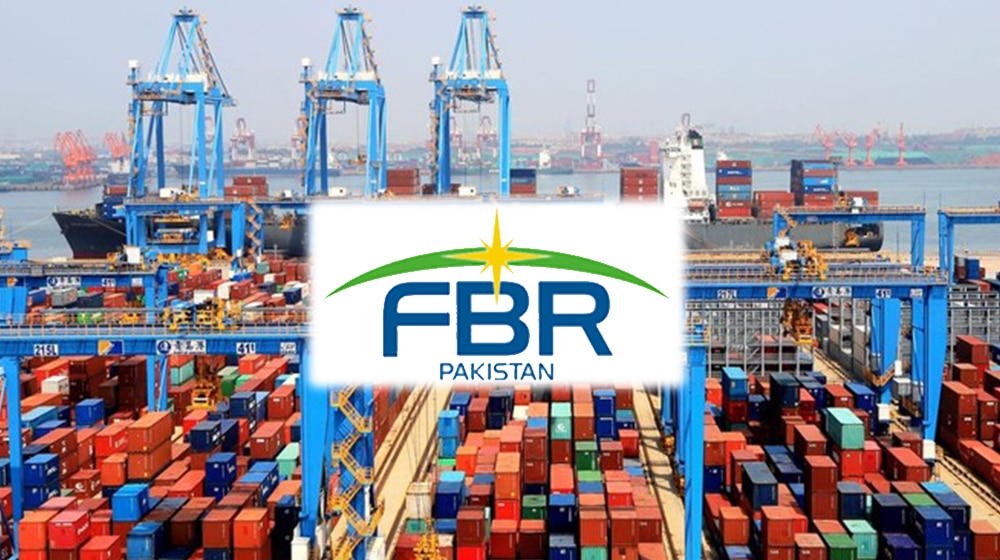In a high-profile meeting between senior military and government officials, Pakistan reviewed reforms within the Federal Board of Revenue (FBR) and devised a national strategy to combat under-invoicing. Attended by key figures including Finance Minister Dr. Shamshad Akhtar and FBR Chairman Amjad Zubair Tiwana, the meeting disclosed a staggering $7.51 billion trade discrepancy in import-export statistics with major partners like China, Singapore, Germany, and the United Kingdom. Pakistani traders were alleged to be involved in under-invoicing imported goods, prompting a crackdown by the Customs Department, targeting smuggled goods and illegal storages.
Read Also: Pakistan’s Education Concerns Rise as Only Three Universities Make the Cut in 2024 QS Asia Rankings
To address the issue, the government decided to support law enforcement agencies, particularly the Customs Intelligence Department, in taking action against smugglers. The focus shifted from small petroleum product-carrying vehicles to information-based raids on warehouses and secret illegal storages. The FBR officials highlighted a $3-4 billion trade gap with China, and efforts were underway to obtain real-time data. This revelation triggered a collaborative effort between FBR and the military to implement major tax reforms, restructure the FBR, and combat under-invoicing. The government’s commitment to providing resources for enforcement signals a determined stance against illegal trade practices, emphasizing information-driven measures for more effective results.

